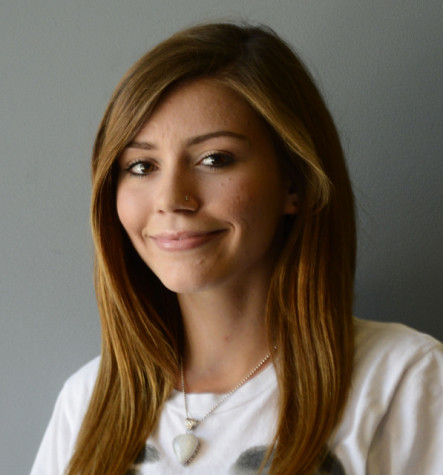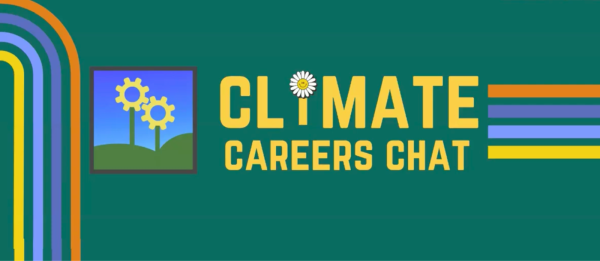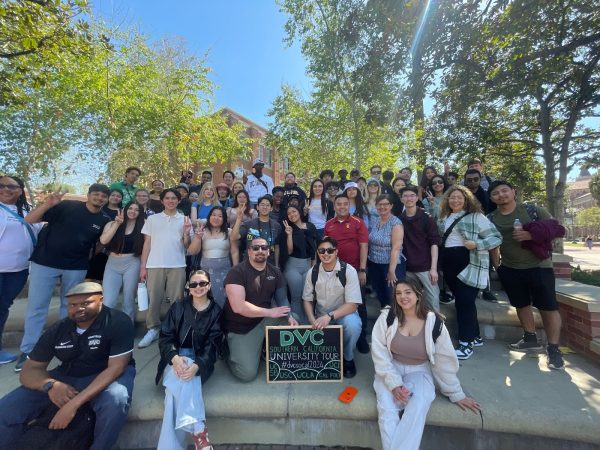How to overcome procrastination
March 2, 2015
It’s Monday morning, your to-do list is running off the page and you tell yourself this is the week you will finally accomplish your goals. The week goes by, you put a few things off and you tell yourself tomorrow will be the day you finally complete your tasks. Then Sunday evening roles around, you run out of ‘tomorrows’ and you face an overwhelming sense of stress as you realize absolutely nothing got done.
Luckily, a lifestyle of procrastination, even at its finest, can be overcome.
Diablo Valley College business professor Claudia Eckelmann provided students with efficient time management tips in her “How to Get Stuff Done That You Would Rather Procrastinate On Brown Bag Workshop” on Feb. 26.
If you enjoy doing something then it is usually pretty easy to get started. Eckelmann explained how the problem arises when you have to do things you don’t like doing.
“For some of us, the hurdle might be that we think we have to do it perfectly the first time,” she said. “Perfectionism, in some way, shape or form, can paralyze us, it really can.”
When faced with an undesirable task, you often become overwhelmed with anxiety and self-doubt. You can either walk away from the task at hand in an attempt to temporarily avoid such feelings, or you can simply start the task, complete it and permanently rid them.
To overcome procrastination, Eckelmann suggested chunking time into 25 minute spans with 5 minute breaks in between. Estimate the time needed to accomplish a task and add more time if necessary. Chunking out time spans and becoming realistic about how much time is actually needed allows you to organize your time more efficiently.
Biology major Shelly Yen, 21, thought Eckelmann’s procrastination workshop was very helpful. Her biggest struggle is simply finding motivation.
Eckelmann said small rewards after completing a task are a great incentive to stay focused.
Business major Giovanni Lopez, 21, finds that making to-do lists helps him keep track of his busy schedule.
“I like getting things done as soon as possible,” he said. “I hate not knowing exactly what needs to get done.”
As professor Eckelmann says, productivity can replace procrastination with a little practice.















































































